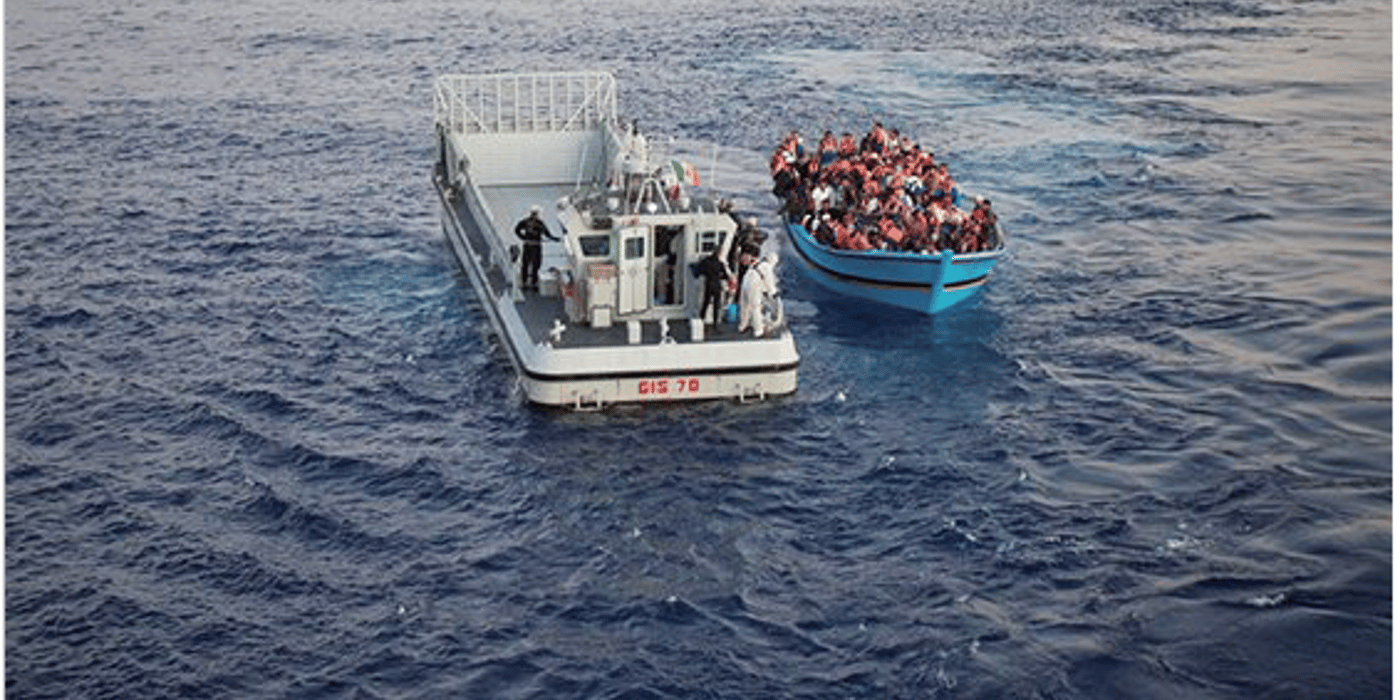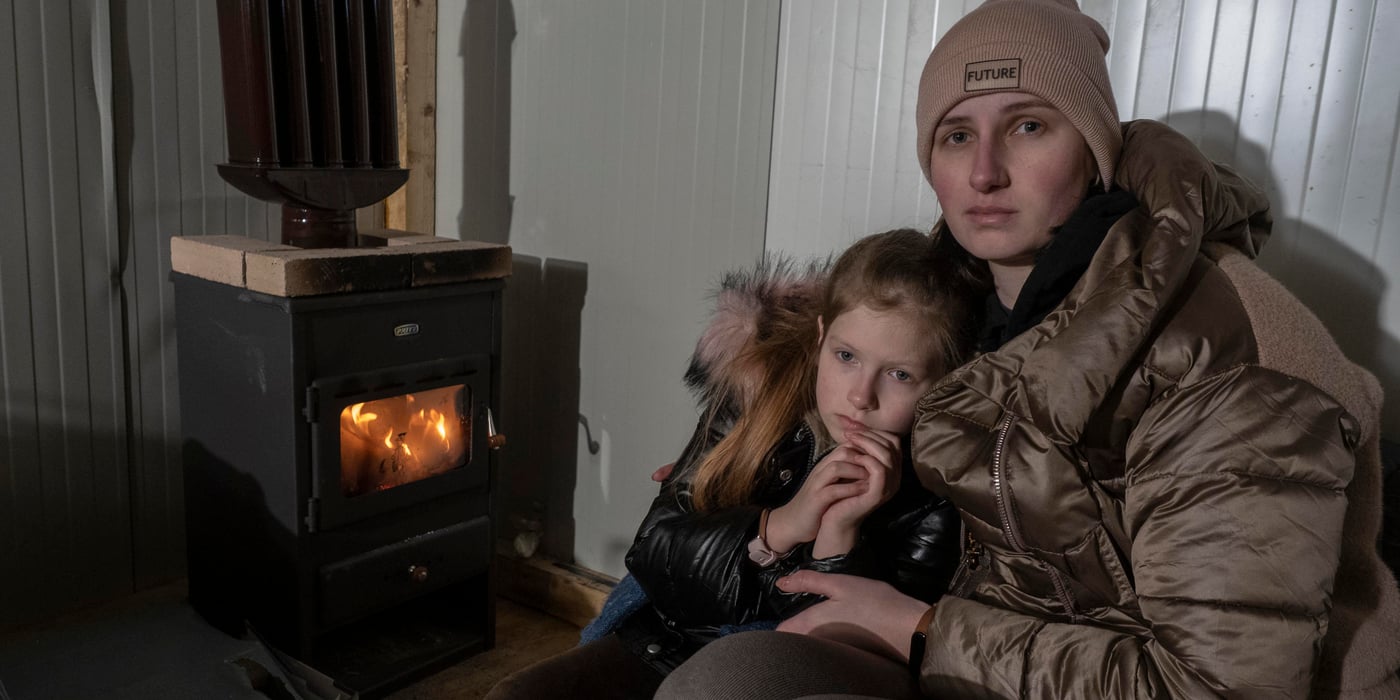
Joint statement by the NRC and the Norwegian Shipowners’ Association - January 2015
The migration flow at sea has increased dramatically in 2014, particularly in the central and eastern Mediterranean. The end of 2014 and the beginning of 2015 saw further attempts to reach safety in Europe. Many of those rescued in the Mediterranean are thought to be in need of international protection. In parallel, the number of deaths in the Mediterranean has increased from 700 in 2013 to over 3,400 in 2014 according to the International Organization for Migration (IOM) . IOM has also pointed to experts that suggest that for every dead body discovered, at least two others are never found.
Conflict, persecution, poverty and natural disasters are major “push” factors behind the mixed migration flows. The wish for a better life in Europe is a major “pull factor” and leaves the migrants vulnerable to exploitation by human traffickers, who employ increasingly cynical transportation methods, endangering thousands of lives. Migrants are often packed on unseaworthy boats, with no safety equipment, no food and drinks and with unreliable or non-existent navigation means.
Our assessment is that large flows of migrants will continue in the Mediterranean in 2015. Our fear is that without adequate rescue resources, the number of deaths in the Mediterranean will remain at very high levels.
In 2014, Norwegian owned merchant ships have rescued approximately 5,000 persons in distress in the Central and Eastern Mediterranean Sea. Most such merchant ships were contacted by the Maritime Rescue Coordination Centre in Rome and assisted the former Mare Nostrum operation. Norwegian shipowners have a longstanding tradition to assist people in distress at sea. Seafarers are obliged to do so under the Convention for the Safety of Life at Sea (SOLAS) and other international regulations. What makes the current situation extraordinary is its magnitude. These large scale search and rescue operations pose logistical, health and security challenges for the crew.
Triton, which is Frontex’ new initiative, is meant to protect the EU external border and it does not replace Italian search and rescue capabilities. Triton has one third of Mare Nostrum’s financial resources and will focus its efforts in a smaller area, off the Italian shore and far away from the main trafficking routes near the Libyan coast. Mediterranean countries will still have the main Search and Rescue (SAR) responsibility in their territorial waters.
Therefore, as Mare Nostrum stopped operating, we strongly hope that the most affected countries (such as Italy, Malta or Greece) will not be left alone in their effort to save human lives at sea. Furthermore, we note that, according to Frontex, some 30 % of migrants at sea are rescued by merchant vessels . Frontex claims that the smugglers have learnt to time the departure of migrant boats so that they cross the path of merchant ships heading for Europe . Crew on board merchant vessels should not be left alone in handling the rescue effort in the main migration routes.
We are aware that mixed migration at sea is only one part of a complex web of migration issues. However, we would like to stress that the safety and dignity of migrants at sea should be a key concerns for all relevant stakeholders.
The Norwegian Shipowners' Association and the Norwegian Refugee Council have reached out to the Norwegian government and media to highlight this severe problem. We are also in contact with international organisations, including the International Maritime Organisation (IMO), International Organisation for Migration (IOM), United Nations High Commissioner for Refugees (UNHCR), and EU institutions. We call for European and international solutions to avoid further humanitarian disasters at sea.
It is our hope that the discussion at the European Migration Forum will result in concrete proposals towards a viable solution.


